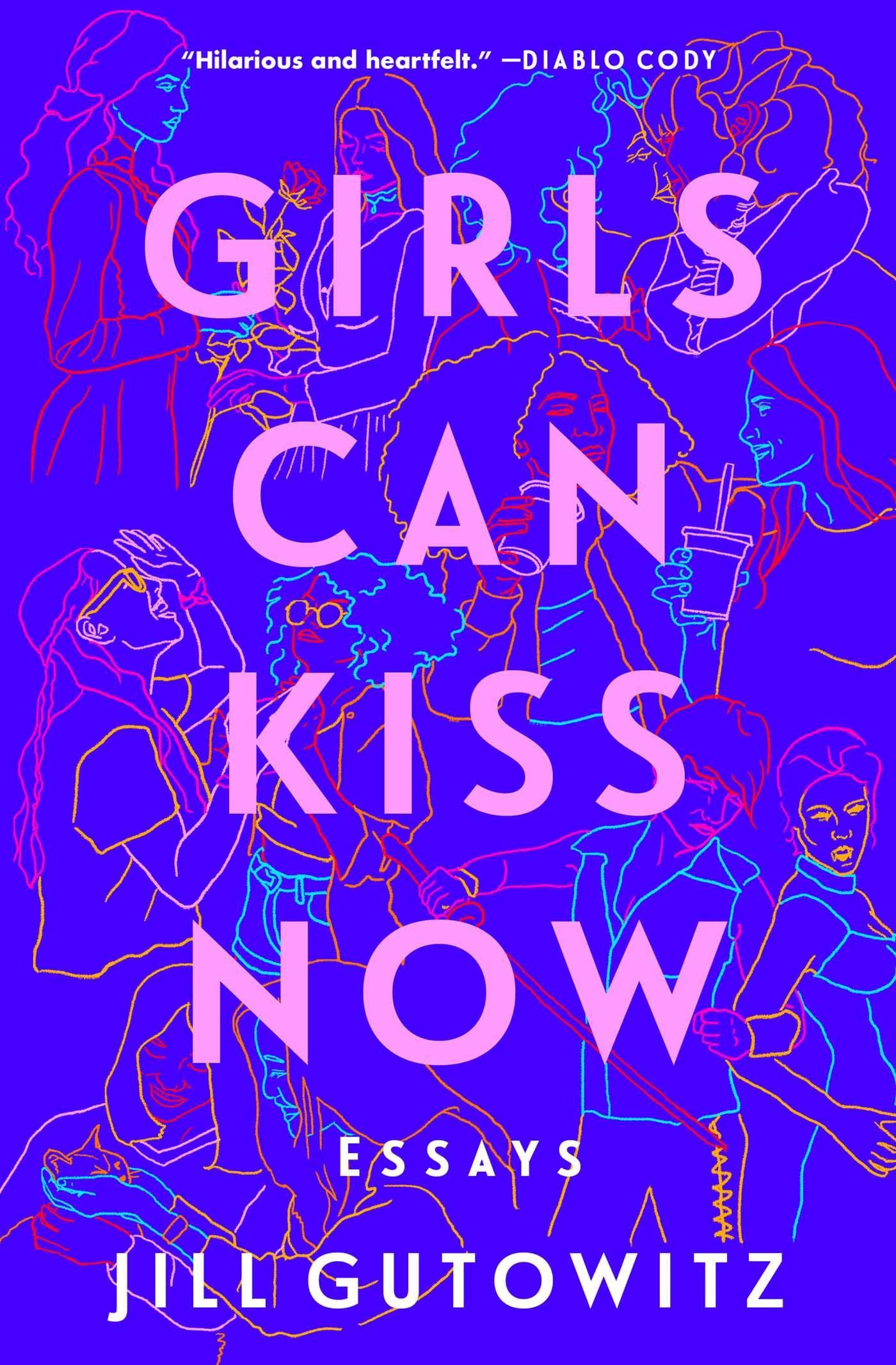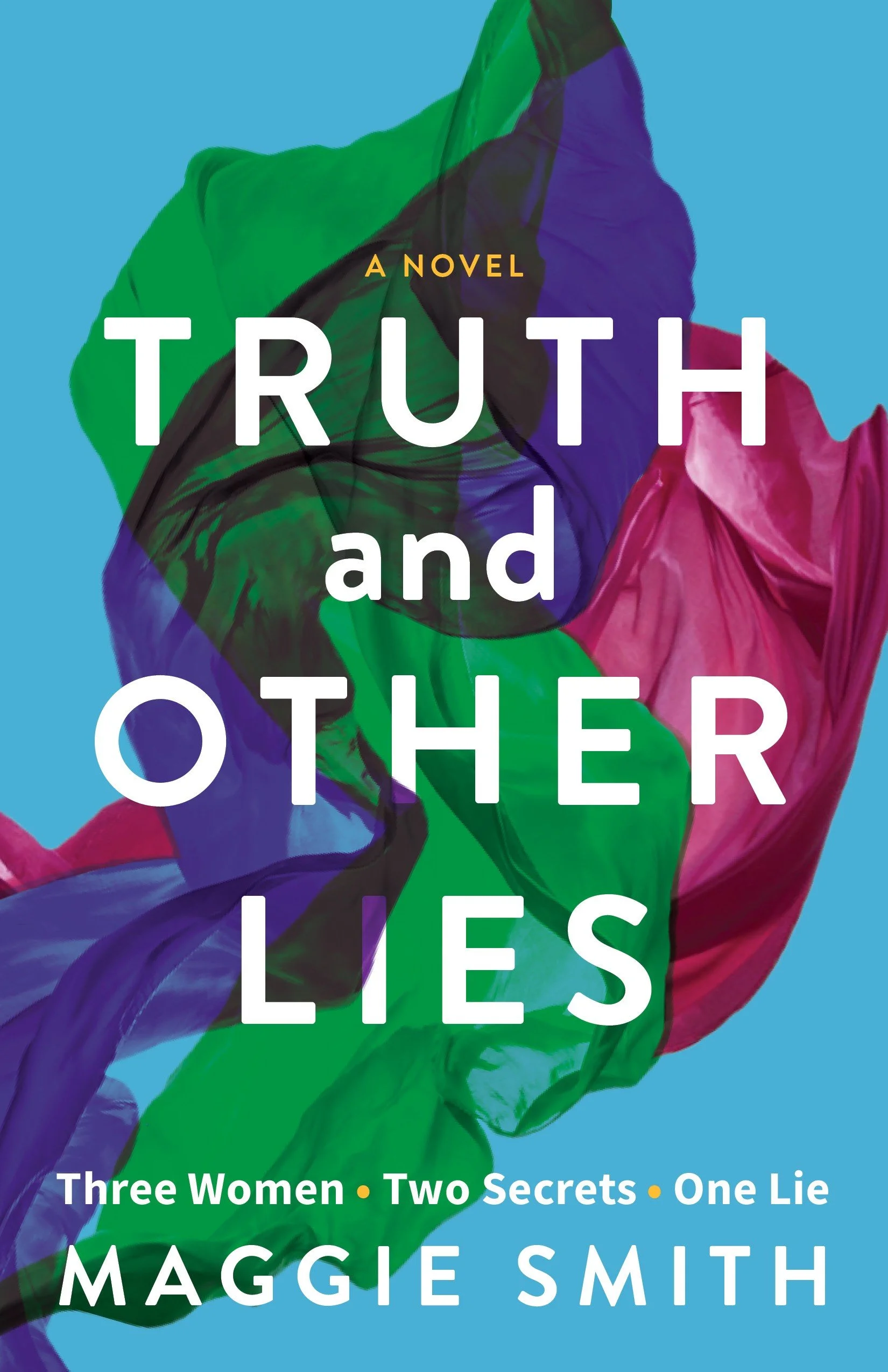Preview of Girls Can Kiss Now by Jill Gutowitz
Preview of Girls Can Kiss Now by Jill Gutowitz
Introduction
WHAT MAKES SOMEONE a “pop culture junkie”? I’ve been called many things in my lifetime—“dyke,” “too much,” mostly “dyke”—but the badge of “pop culture junkie” has always felt off. Yes, since childhood, I’ve voraciously consumed pop culture nuggets and talked people’s ears off about arcane celebrities who have zero cultural relevance. (Remember Jessica Szohr? I miss her. Wait, you don’t? Okay, that was a test.) But the word “junkie” implies that I’m addicted to pop culture, and I’m not sure that’s true. Some days I wish I could throw my phone and all its dumb little apps into the sea, follow it briskly into the waves, and free myself from the chains of being Severely Online. Caring about famous people is a full-time job with no days off. So, yeah, I have historically overindulged in entertainment. I do always come back for more, even when my eyes and deadening soul are begging me to stop. But I wouldn’t call it an “affliction” so much as a fascination—a justified one.
Taking interest in current trends and entertainment isn’t a waste of time, or some vapid pastime—we should care about other people’s stories. Despite this, being a “pop culture junkie” has been painted as vacuous or meaningless. It’s not. I’ve made a career out of dissecting and examining pop culture, cultural figures, and entertainment trends and phenomena. Nothing has ever been more spellbinding to me than A) celebrities and how they handle attention, B) the general population—the “gen pop,” if you will—and who we choose to give our attention to, and C) the relationship between A and B, one that has always existed and will continue to flourish as long as humankind remains (which is like, about five more years before the inevitable nuclear winter. Ten if we make it to the climate apocalypse). I’ve always cared—probably too much—about pop culture because I’ve always been transfixed by the ways other people’s stories affect our own, my own. Pop culture influences the way we dress, the way we talk, the words we use, the conversations we have, our politics, even how we define love. It molds us, and in return, we mold it. We are a direct reflection of the people we choose to glorify and the narratives we venerate. Pop culture ebbs and flows as society changes, and society changes as pop culture ebbs and flows. And right now, we’re in such a cultural sweet spot; as a dyke and a pop culture “junkie,” I’m totally biased, but what’s transpired in entertainment recently has left me absolutely gobsmacked—because it’s just so fucking gay.
When I was a teen, the word “lesbian” sent fear rattling through my flesh tomb. As a teenage closet-case, I actively participated in homophobia; I was scared of homosexuality because I was uneducated about it, wholly un- exposed to LGBTQ people, both in the small, conservative, Catholic bub- ble of a hometown I was raised in and in the media I was consuming. I was born in 1991, a time when LGBTQ people were being reduced to stereo- types, pigeonholed into outdated narratives, shamed for fucking and loving and wearing oversize Umbro shorts—none of which we should apologize for. If I had any exposure to queerness in the ’90s and early aughts, it was via one-dimensional depictions of gay men—a gay best friend on Sex and the City, a tragic victim of the AIDS crisis—but as far as queer female figureheads and stories go, the media landscape in my youth felt nearly barren.
In middle school, the only famous lesbian I was aware of was Ellen DeGeneres—she was a trailblazer, just visible enough, gay enough, and brave enough to stand out. But as a result of such narrow exposure, I figured all lesbians were like Ellen, an adult woman who looked and acted nothing like me—me, an Alex Mack–looking tween who psychotically filled sketchbooks with pencil drawings of Baby Spice; me, more of a Mary-Kate than an Ashley; me, who wanted to be Xena, Warrior Princess, or maybe be Gabrielle so I could be held by Xena, Warrior Princess. And to support that bulletproof hypothesis, the only lesbian I ever remember meeting as a kid was a friend of my father’s, a butch-leaning woman who was named— you guys—she was fucking named Ellen. Both Ellens sounded cool (except one’s BFFs with a war criminal), but I never even remotely identified with either Ellen—after all, my name was Jill, I wasn’t necessarily masculine-presenting, and I didn’t know people were just allowed to be gay. I found out at twenty-three, the age I was when I realized that I was a lesbian, that ANY- ONE can be gay—not just people named Ellen.
These days, when I hear the word “lesbian,” I see more powerful imagery than the supercut of my own life that I’ll watch moments before dying in the climate apocalypse: I see Rachel Weisz grabbing Olivia Colman by the throat and slamming her against a bedpost in The Favourite; I see Lena Waithe winning an Emmy; I see a paparazzi photo of Cara Delevingne and Ashley Benson lugging a sex bench into their home; I see Janelle Monáe birthing Tessa Thompson through her “Pynk” vagina pants; I see Cate Blanchett telling Rooney Mara “What a strange girl you are”; I see Piper and Alex on Orange Is the New Black, Santana and Brittany on Glee; I see JoJo Siwa coming out on TikTok.
The past few years of pop culture have been studded with lesbian icons and stories that have been widely elevated and celebrated, rather than shunned or shamed, something that’s brand-new in our hell-world. It took WAY too long, like embarrassingly long, but nevertheless, lesbianism and celebrity have finally merged—much later than male gayness and celebrity did, mind you. But just because the mainstreaming of queer women in pop culture is painfully recent doesn’t mean that famous women haven’t always been fingering each other. They have; we’ve just ignored them. Until the 2010s, we habitually turned a blind eye to queer female narratives. But no more, say I.
Preview of Girls Can Kiss Now by Jill Gutowitz





